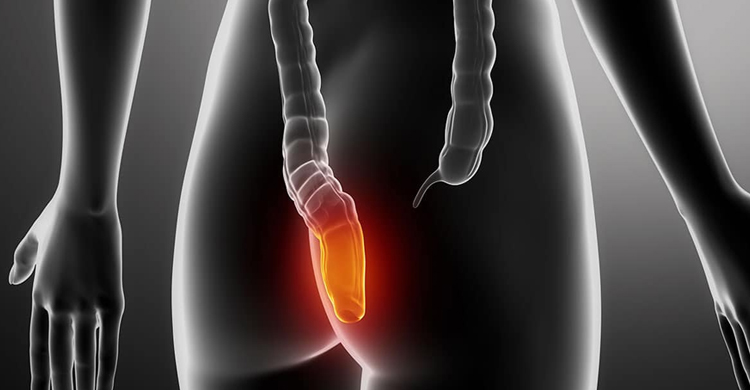
A split in the anus's skin is known as an anal fissure. During and after bowel motions, the skin break produces excruciating agony and occasional bright red blood. Additionally, the muscular ring at the tip of your anus may twitch.
Few of the following symptoms might be brought on by an anal fissure:
Anal fissures frequently result from:
Anal fissures are not always preventable; however, by adopting the following precautions, you can lower your chance of developing one:
The majority of anal fissures will heal on their own without surgery. As exposed sores, anal fissures should be kept dry and clean to promote the body's natural healing processes.
You'll probably require more medical attention if your symptoms don't go away. Your doctor may suggest topical anesthetic creams to alleviate the pain, Botox injections to relax spasms, and blood pressure medications to help relax the anal sphincter.
Your doctor could advise surgery if you have a persistent anal fissure unresponsive to previous therapies or if your symptoms are severe. To lessen spasms and discomfort and facilitate healing, doctors frequently conduct a lateral internal sphincterotomy (LIS) technique, which involves severing a tiny piece of the anal sphincter muscle.